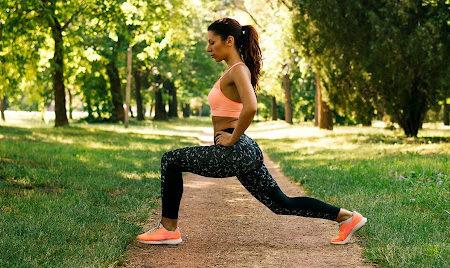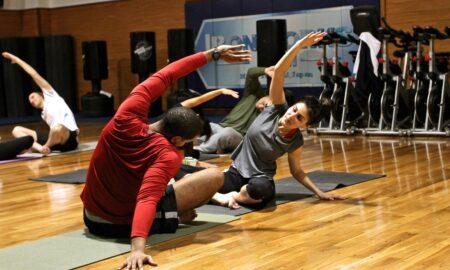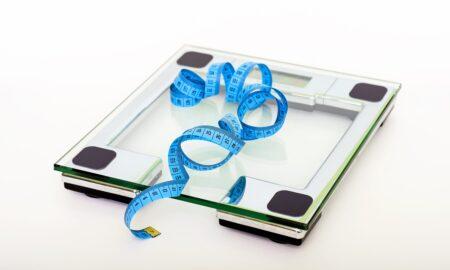You lose strength and muscle size with age if you do nothing to avoid it. Scientists have a name for age-related loss of lean mass: sarcopenia. Eventually, if nothing is done to forestall the loss of muscle, people can't take care of themselves. But what about elite athletes? What toll does age take on them?
A recent study examined the effects of aging in male and female elite weightlifters and powerlifters.1 Earlier studies used static exercise, with subjects not actually moving muscles but just exerting pressure, such as in isometric exercise. In the new study, though, dynamic forms of exercise, specifically Olympic-style weightlifting and powerlifting, were the focus.
The study showed a decline in functional muscular capacity in both men and women, beginning in early middle age, which is younger than in past studies. The rate of decline in performance proved greater in the weightlifters, due to the need for a greater level of skills, including balance and speed, than in the relatively simple forms of lifting typical of powerlifting.
While prior research showed that lower-body strength dissipated before upper-body strength, this study found no differences. The female athletes showed a greater rate of decline in weightlifting than the male athletes, though no sex-related differences occurred in the powerlifting group.
As for what causes the decline even in athletes, one suggestion is a downgrade with age of neuromuscular function and coordination. In practical terms, that means aging causes a loss of the ability to fully activate muscular structures, leading to a loss of strength. Another explanation, provided by the researchers, doesn't make much sense. They mention that with age comes a loss of type 2 muscle fibers, which are most associated with strength, and a greater ratio of the fast-twitch type 1 fibers, which produce less force. While that pattern occurs in people who don't exercise, continued exercise maintains the type 2 fibers. A more likely explanation involves the loss of neuromuscular communication, which could relate to certain hormonal factors.
Fortunately, men and women who continue lifting can maintain much of their functional strength, thereby preventing some of the physical horrors linked to the aging process, such as debilitating loss of bone and muscle. IM
1 Anton, M.M., et al. (2004). Age-related declines in anaerobic muscular performance: weightlifting and powerlifting. Med Sci Sports Exer. 36:143-147.




















You must be logged in to post a comment Login